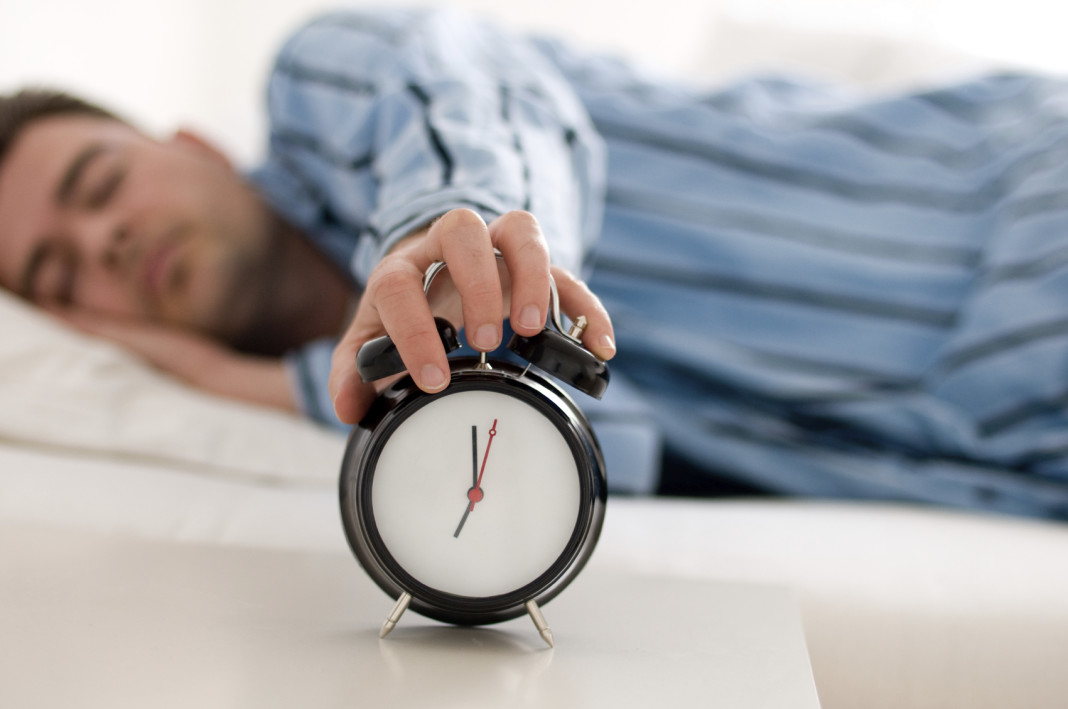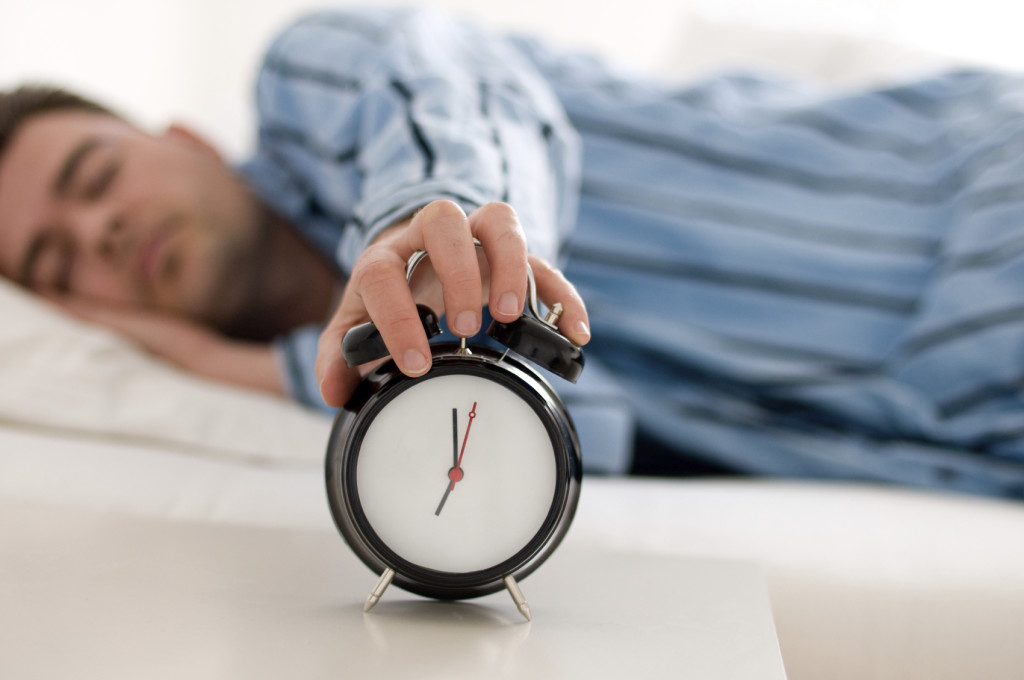Sleep and rest are important, but when does sleep transform from too little to too much and become deadly?
Love not sleep, lest you come to poverty;
open your eyes, and you will have plenty of bread. -Proverbs 20:13
People who sleep more than eight hours per night have a significantly higher risk for stroke than those who snooze six to eight hours, according to a study published online Wednesday in the journal Neurology.
While there is a stroke risk associated with too little sleep, it is statistically insignificant. The real danger is found in too much sleep.
The study involved roughly 9,600 adults with an average age of 62 for about 10 years. They found that those who snooze more loose more with 46 percent of the study participants more likely to have a stroke, compared with individuals with more moderate sleep durations.
Factors such as high blood pressure and a lack of physical activity were accounted for and eliminated from the numbers and still those that slept more had an elevated stroke risk.
“It is worth noting excessive sleep as an early sign of increased stroke risk, particularly among older people,” the study authors write. Previous large research studies in the U.S. and China have found similar associations between sleep duration and stroke. Of course, which came first the chicken or the egg is not as clear.
The new research adds to a large body of evidence that shows both sleeping too little and sleeping too much are associated with poorer health and an increased risk for mortality. And sleeping too much seems to be worse than sleeping too little, the statistics show. Long sleepers have about a 20 to 30 percent increased risk for mortality, according to recent meta-analyses. Among short sleepers, that number is about 10 percent.
Sleep and rest are important to health but too much sleep can be deadly according to the research.




